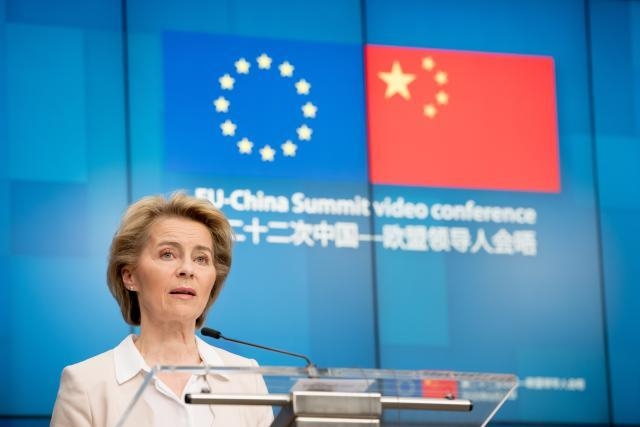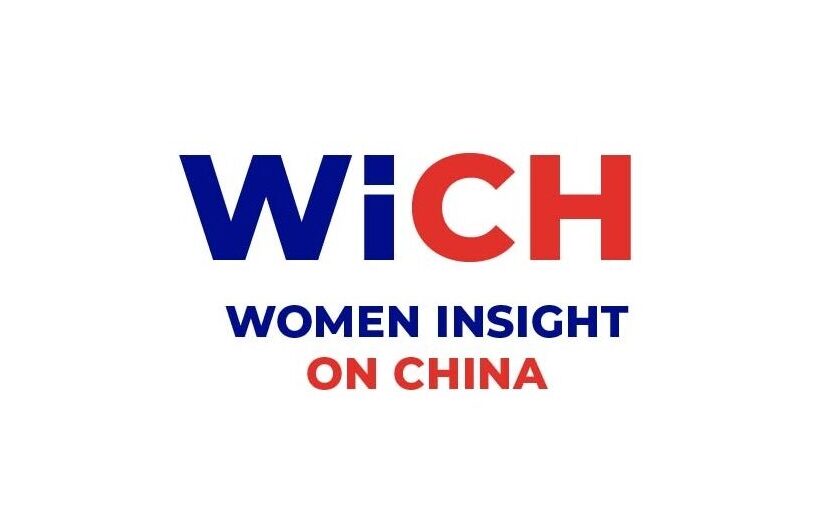This article originally appeared in a series of articles from CEIAS.
The EU is certainly interested in competing with the BRI via the Global Gateway project. EU leaders make this quite open when they say, for example, that the EU is interested in building partnerships, not dependencies. This intention is well indicated by Ursula von der Leyen’s statement on the state of the EU, stating, among other things, that “we are good at financing roads. But it does not make sense for Europe to build a perfect road between a Chinese-owned copper mine and a Chinese-owned harbor. We have to get smarter when it comes to these kinds of investments.”
However, if the EU wants to compete with China in the developing world, it will have to seek synergies with other partners in the democracy camp. The US, Japan, as well as the G7, have similar initiatives to Global Gateway. In mutual cooperation, they can put together an already significant package of finances, which could be a serious counterweight to the Chinese BRI.
Nevertheless, at the very least, an alternative is being created for less developed countries, where they will have the option of choosing between several sources of investment and financing. However, it is questionable how attractive this offer will be for these states, especially in the case of states run by corrupt regimes, which may not be interested in the sources of funding conditioned on the adoption of anti-corruption measures.
In any case, some form of competition between the BRI on the one hand and the initiatives of the EU, the US and, for example, Japan on the other, will emerge, as the individual initiatives also have geopolitical motivation. Thanks to this competition, recipients of financing can benefit from this, as they will be able to find more favorable conditions for themselves.
The impact of Global Gateway and other Western initiatives on the BRI should be also examined. The volume of Chinese foreign investment as well as provided financing has been on a declining trend since 2016. The launch of the Global Gateway can play a role in how much emphasis China will place on its own BRI project. However, domestic factors in China, such as the development of the economic situation and the stability of public finances, will have a greater impact on this. Public opinion will also have an impact, in which nationalist tendencies in particular may affect the negative perception of the BRI by the Chinese population.


